Anxiety in Color
How a Change in Perspective Can Help You Cope
Artwork by Daryll Peirce. “The Vulnerability Evoked in Failing to Capture the Mind’s Ceaselessly Combusting Ephemera.” Image via daryllpeirce.com.
When I was in high school, all I wanted was to be a graphic designer. I worked with a startup to develop their brand, created posters that people enjoyed, and made t-shirts that people wanted to wear. I was confident.
Later, in the fall of 2015, after I graduated, I sat in a design classroom at CU Denver full of MacBooks and actual artists. They were working with ease through a Photoshop tutorial while I struggled. I stared at my blank screen. I looked at the others around me. I felt different.
You’re not good enough.
My hands started shaking, and that thought began to anchor itself to the forefront of my mind. My foot started in as well, and then my whole leg. It felt difficult to breathe; I knew what was coming.
You’re not good enough.
I made it to the bathroom and rushed into the stall. I sat down quickly while it overcame me. My whole body shook violently, joints feeling as though they’d rupture through my skin. I repeatedly struck my head, begging the whirlwind of self-destructive thoughts to release me.
You’re not good enough.
Time was irrelevant. My fingers dug deep into the opposite arm and my stomach lurched. I fell to my knees and vomited, quickly flushing the filth down the toilet. As I laid on the dusty floor, the shaking eventually ended. I couldn’t even get up. I called my mom from the tile.
“Mom? It’s me. I don’t think I can do this.”
By the end of the day, my classes at the University of Colorado Denver were dropped. I was no longer a student and I didn’t want to be a designer anymore. My entire identity was shattered and I realized how truly unequipped I was for college and post-high-school life.
This wasn’t my first anxiety attack, nor would it be my last. I’ve experienced many like the one on the day I dropped out; some in response to tangible events. Just a few months ago, before I found out that the tumor in my girlfriend’s femur was benign, I had one such experience.
There have been others—like when a rude customer complained to me about the amount of tuna on her sandwich, sending me into hiding behind the large bread racks. And then there are the times when out of the blue, I suddenly feel like my heart is a thousand pounds heavier and something truly awful is going to happen–even when I know it isn’t.
Although every incident ranges in severity, there are even times in childhood that I can remember experiencing the same specific emotion.
If you’re one of the 18 percent of Americans who also deals with some form of anxiety, you can probably relate.
When I first heard that statistic—nearly one in five—I was desperate to find out why so many people, my generation, in particular, can’t seem to deal with stress.
Maybe it’s because the world is messed up, I thought. Or maybe it’s because the internet has simply exposed us to it. Maybe it’s because we’re impatient, needing to be gratified instantly. Or perhaps, like Simon Sinek says, it’s due to receiving participation medals and an inability to cope with failure.
There are studies that suggest that stress incites evolutionary mutations at accelerated rates. But stress can be caused by anything from bad genetics, rising tuition costs, or increasing political and cultural divides.
There are a lot of possible answers, but none of them really helped me. What I really wanted to know was why I was anxious.
Then I had a profound yet relatively simple realization, one that I’ll credit as a turning point for me: I have anxiety, and I’ll probably always have it.
I started looking at myself in a different light, beginning the search for ways to deal with anxiety rather than to cure it. I started doing yoga and meditating daily, trying to read more and be on Facebook less. I stay exposed to stress, but I’m learning to set boundaries for myself. I don’t react to everything with grace or rationality, but I’m trying to love myself anyway.
Once, in a session with a semi-holistic LPC specializing in brain-spotting and cognitive behavioral therapy, I was asked to dissect my personality traits. I separated them into two categories: protective and nurturing. After forming my lists and integrating the act of simply listing them off into my meditation practice, I came to understand that the pieces of me aren’t simply bad or good—my best qualities and my worst ones often stem from the same place.
For example, I’m a type-A, run-of-the-mill perfectionist. That means that I have a tendency to hate my writing over time and beat myself up for missing a workout or minor due date. I overprepare for everything from a speech to a night out—and get really stressed when things don’t go according to plan. But being a perfectionist also drives me. I’m extremely organized and detail oriented; I cover my bases and schedule religiously. I’ve got good grades and decent credit, even if I do have a meltdown here and there.
Other qualities stem from empathy. I’m occasionally too protective. I’ve stayed in unhealthy relationships longer than I should have. I worry seriously about my family and friends, but I love them deeply, too.
I’ve been trying to see myself in this way, in a complete portrait of who I am, imperfections included. There are always going be things I wish I could change but I think I’ve learned to accept the whole package.
I have anxiety. But there’s a whole lot more to me than that.
I believe it would be irresponsible not to point out that I am no expert in mental illness of any kind, anxiety included. In reality, I’m just a kid trying my best to get through life with love and compassion; I just want to leave the world in better shape than when I arrived.
However, I recently read a beautiful article in The Atlantic, titled “Surviving Anxiety.” Even though I could tell the author’s condition was more severe than my own, hearing his story really helped me gain clarity.
I’m hoping my story will help too, even if whatever you’re going through is entirely different. We are humans, after all. We’re bound to find common ground.
In the end, I don’t wholeheartedly agree with the statement ‘happiness is a choice,’ but I do believe there is power in perspective. The more angles you can see from, the more you’ll be in control, anxiety and all.
Anxiety is a widespread condition, one that’s increasing in prevalence every day. If you or a loved one is suffering from any mental illness, I urge you to seek out professional help. Anxiety is usually treatable, yet less than 37 percent of people seek help.
Below, I’ve listed some resources to help you get started.
- The National Alliance on Mental Illness.
- The National Suicide Prevention Hotline, reachable 24/7 at 1-800-273-8255.
- Students at ACC are entitled to eight free counseling sessions per semester. A visit to the Student Life Office at the main campus will point you in the right direction.

Bryden Smith believes in the news. But at the dawn of the age of information, he watched as technology became ingrained into peoples’ lives at an exponential rate. The media is struggling to evolve, and with a divided political...



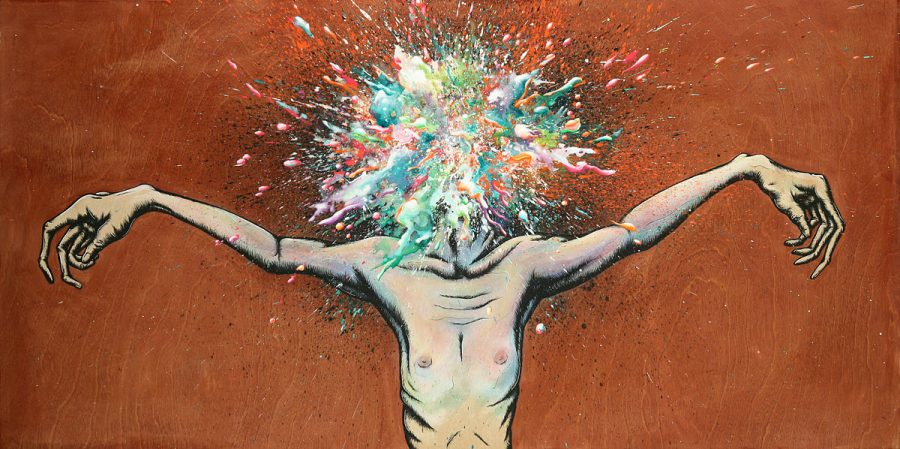
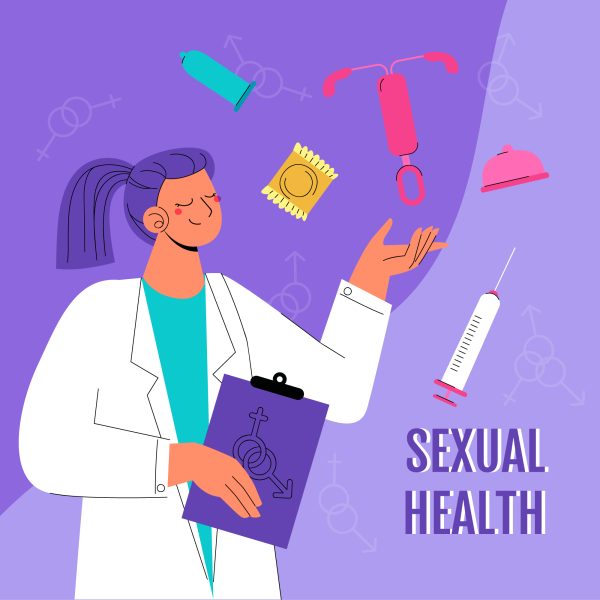


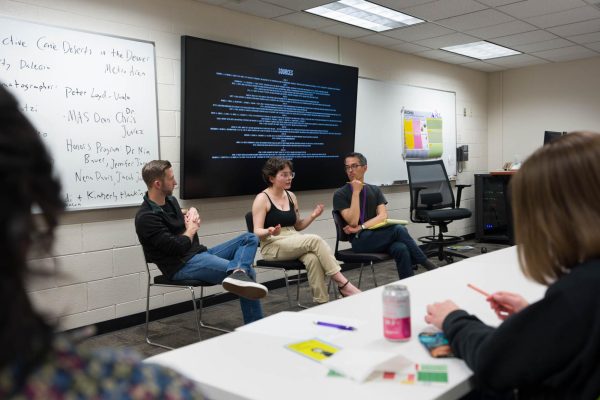

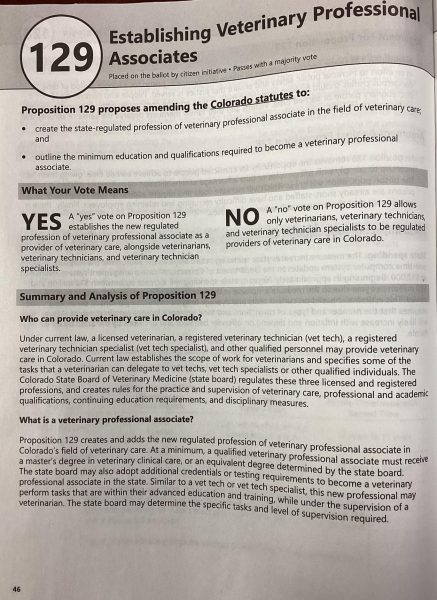
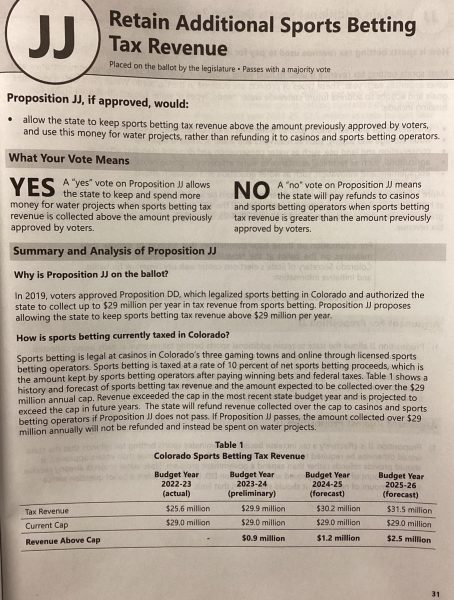
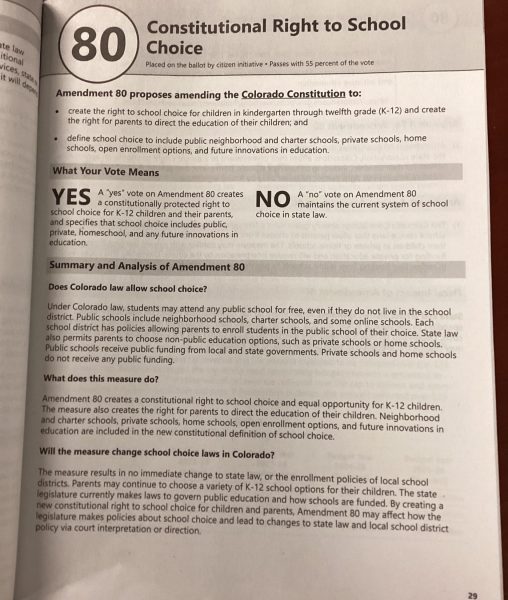
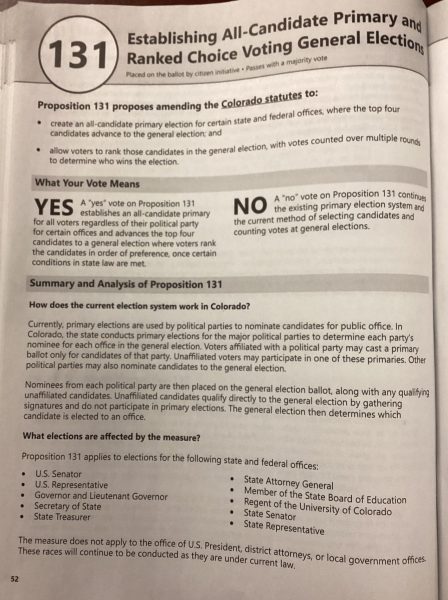
Sandi Gregston • Nov 6, 2017 at 6:36 pm
Beautiful and brave.
Emily Langenberg • Nov 5, 2017 at 2:38 pm
Bryden– Thank you for sharing such a personal piece. I can’t help but think of the million and one notifications I have set on my phone because the possibility of forgetting a single thing is far too much for me to handle. As someone who has been medicated for anxiety for quite a while, it is nice to have the reminder that this is a part of me and most likely always will be but is not a character flaw. Thank you for your brilliant insight and may you find peace in your struggle.
Kathy • Nov 4, 2017 at 8:39 pm
Thank you for the positive spin on a tough disease. I, too, would like to know why so many young adults and teens are suffering with this illness. Thank you again for your insight and honesty.